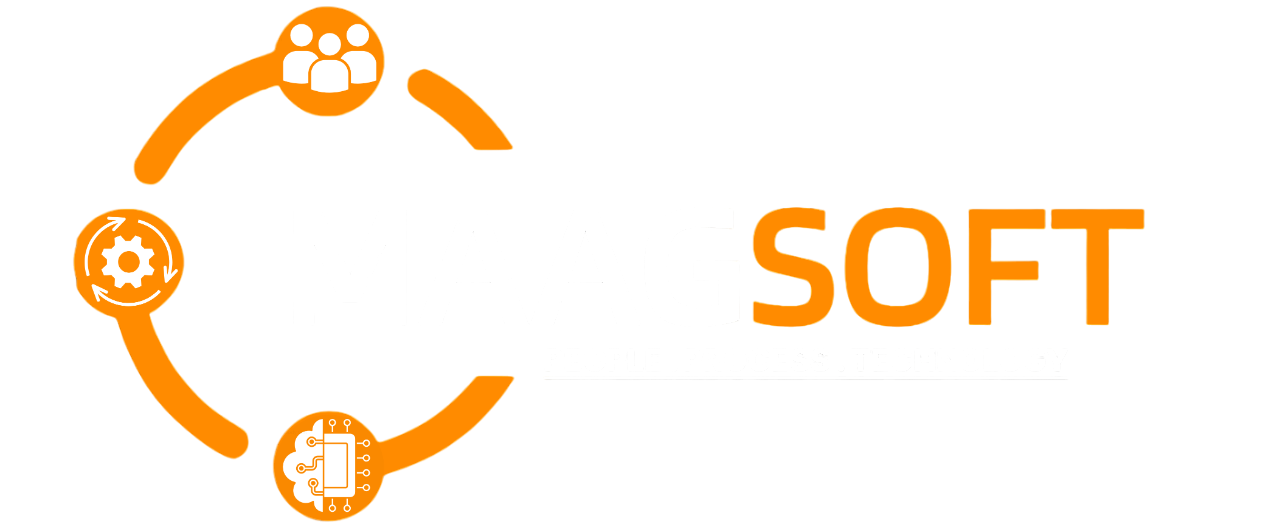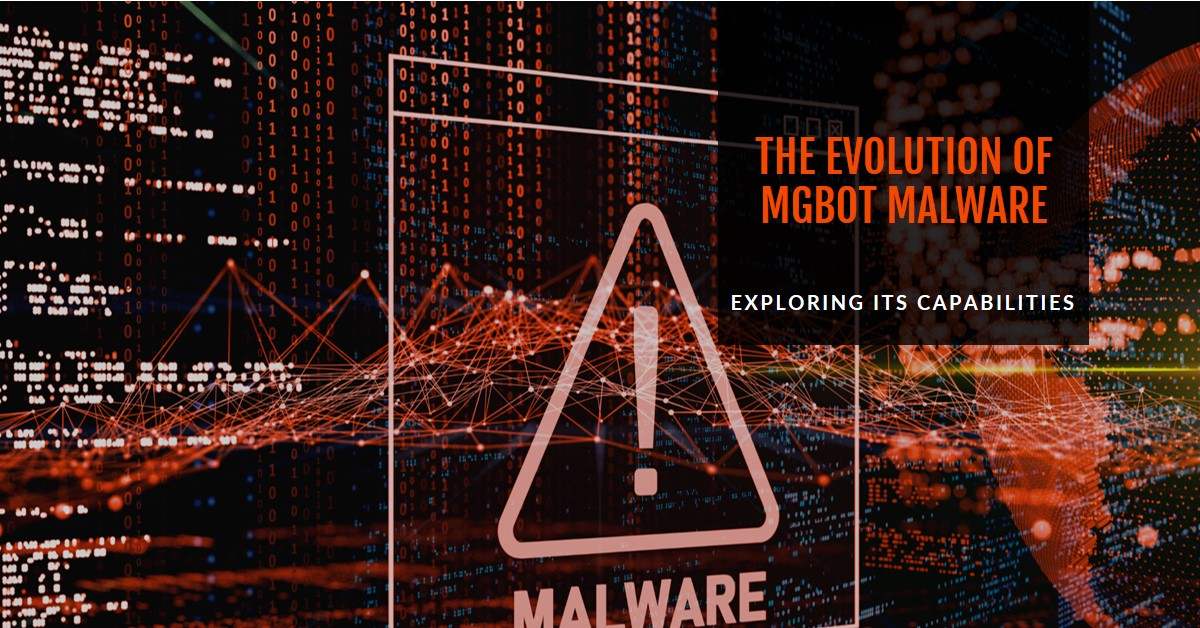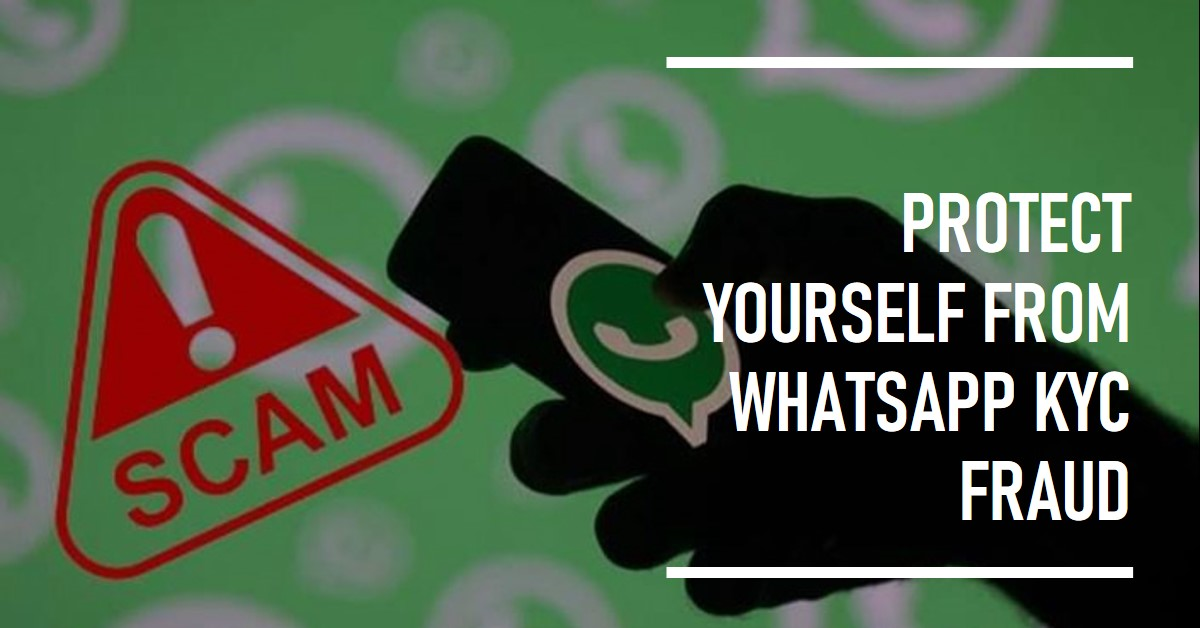In the digital era, where convenience often trumps security, Apple’s Shortcuts app has emerged as a powerful tool for iOS users, allowing them to automate a wide array of tasks with just a tap or a voice command. However, recent discoveries have brought to light a concerning vulnerability within this beloved feature, exposing users to potential risks and compromising sensitive information. This blog post delves into the nature of this vulnerability, its implications for privacy and security, and the steps both users and Apple can take to mitigate these risks.
The Nature of the Vulnerability
The Apple Shortcuts app is a powerful tool that allows users to automate a wide range of tasks on their iOS devices. Users can create custom shortcuts, which are essentially sequences of actions that interact with apps and services on the device. For example, a user might create a shortcut to send a text message, play a song, and then set an alarm, all with a single tap.
However, this powerful functionality also introduces a potential security vulnerability. Because shortcuts can be shared via links, they can be distributed widely and quickly. If a user installs a shortcut from a link, it does not undergo the same rigorous security checks that apps from the App Store do. This opens up the possibility for malicious actors to create and distribute shortcuts designed to steal or leak sensitive information.
A malicious actor could craft a shortcut that appears to perform a harmless function, like displaying the weather, but in the background, it could be programmed to carry out hidden actions. These hidden actions could be designed to extract personal data from the device, such as contacts, messages, or location information. Once this data has been extracted, the shortcut could then transmit it to a remote server controlled by the attacker.
This type of attack could have serious implications for user privacy and data security. It underscores the importance of only installing shortcuts from trusted sources, and of being aware of the types of data that different shortcuts are able to access. It also highlights the need for robust security practices, such as regular software updates and the use of strong, unique passwords.
The Implications for Privacy and Security
The implications of this vulnerability are far-reaching. By exploiting this flaw, cybercriminals can gain access to a treasure trove of personal information, which can be used for identity theft, financial fraud, or targeted phishing attacks.
- Data Leakage: If a user unknowingly installs a malicious shortcut, their personal data could be extracted and sent to a remote server. This data could include contacts, messages, location information, and potentially other sensitive data stored on the device.
- Privacy Invasion: The extracted data could be used to build a detailed profile of the user, leading to a serious invasion of privacy. This could include their habits, interests, relationships, and daily routines.
- Potential for Fraud: The stolen data could be used for fraudulent activities. For example, contact information could be used for phishing attacks, or location data could be used to infer when a user is not at home.
- Trust Erosion: If users become aware of these potential risks, it could erode trust in the Apple Shortcuts app specifically, and in tech companies more generally. This could lead to users being less willing to use such services, which could stifle innovation.
- Legal and Regulatory Implications: If a data breach occurs due to this vulnerability, it could have legal and regulatory implications for Apple. Depending on the jurisdiction, Apple could be held liable for failing to adequately protect user data.
Steps to Mitigate the Risk
For Users
Users can take several proactive steps to protect themselves from this vulnerability:
- User Awareness: Users should be educated about the potential risks associated with installing shortcuts from untrusted sources. They should be encouraged to only install shortcuts from trusted sources.
- Review Permissions: Users should review the permissions requested by each shortcut before installation. If a shortcut requests access to sensitive data or services (like contacts, messages, or location services) that are not necessary for its function, it should be considered suspicious.
- Regular Updates: Users should keep their devices and apps updated. Software updates often include security patches that can protect against known vulnerabilities.
- Strong, Unique Passwords: Users should use strong, unique passwords for their Apple ID and other accounts. This can help protect against unauthorized access to their data.
- Two-Factor Authentication: Enabling two-factor authentication can add an extra layer of security, making it more difficult for an attacker to gain access to a user’s device or accounts.
- Apple’s Role: Apple could consider implementing more rigorous security checks for shortcuts, similar to the review process for App Store submissions. This could help identify and block potentially malicious shortcuts before they reach users.
In conclusion, the Apple Shortcuts app, while providing powerful automation capabilities, also introduces a potential security vulnerability. This vulnerability could allow malicious actors to craft shortcuts that extract and transmit sensitive user data. The implications for privacy and security are significant, including potential data leakage, privacy invasion, and the possibility of fraud.
However, these risks can be mitigated through user awareness, careful review of permissions, regular software updates, use of strong unique passwords, two-factor authentication, and more rigorous security checks by Apple.
As with all technology, it’s crucial to balance convenience and functionality with security and privacy. Users should be aware of the potential risks and take steps to protect their data. Meanwhile, tech companies like Apple have a responsibility to ensure their products are as secure as possible and to educate users about potential vulnerabilities. Stay safe and informed!
At Maagsoft Inc, we are your trusted partner in the ever-evolving realms of cybersecurity, AI innovation, and cloud engineering. Our mission is to empower individuals and organizations with cutting-edge services, training, and AI-driven solutions. Contact us at contact@maagsoft.com to embark on a journey towards fortified digital resilience and technological excellence.





